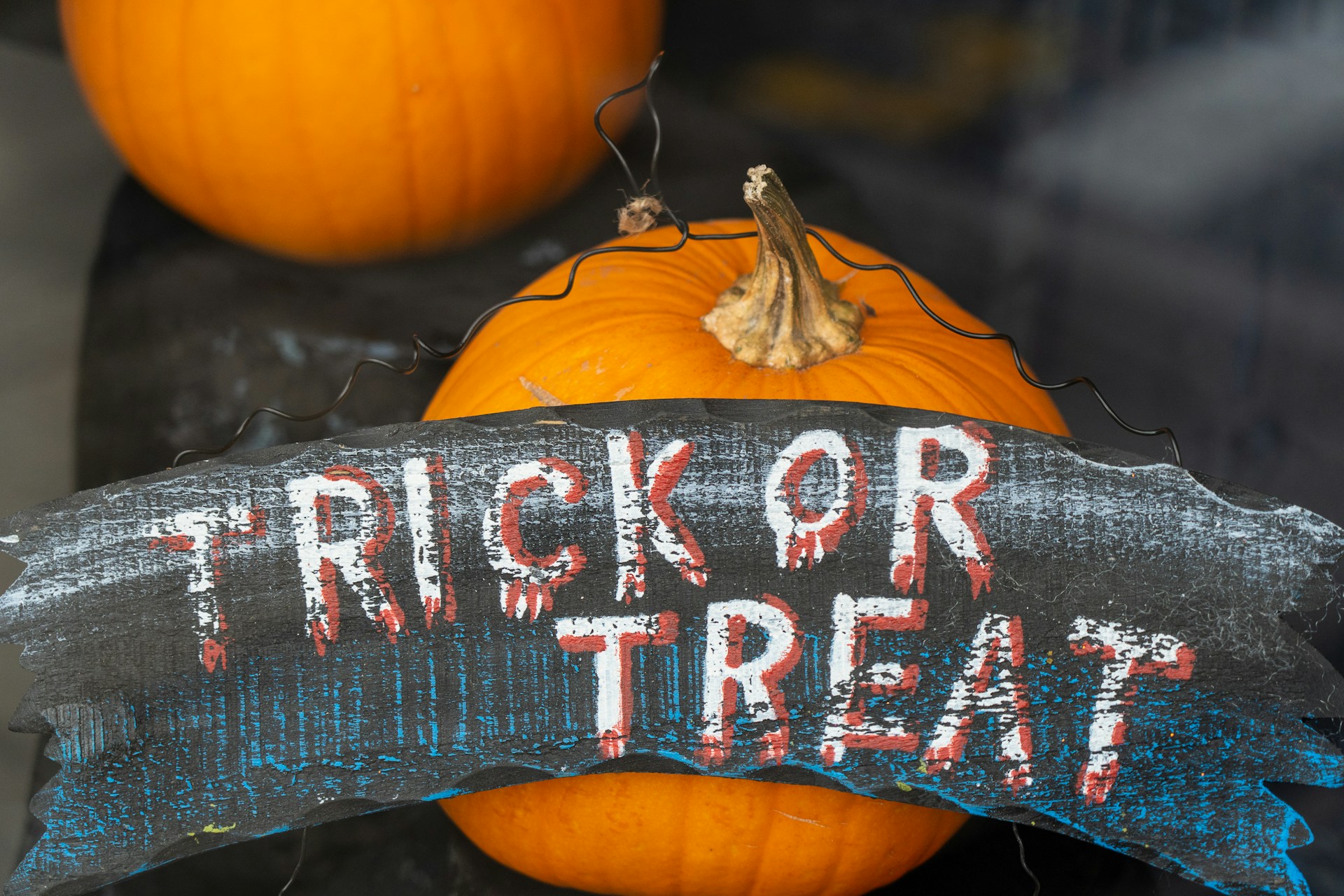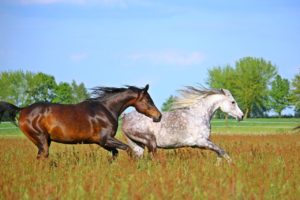Boo! It’s Time for Halloween!
Halloween is one of the most popular and widely recognized holidays in the world, particularly in countries like the United States, Canada, and Ireland. It is celebrated on October 31st every year. Its roots go back thousands of years, blending ancient pagan rituals, Christian traditions, and modern customs.
Origins of Halloween
Halloween has its origins in the ancient Celtic festival of Samhain, pronounced sow-in. Celtic people in today’s Ireland, the UK, and northern France celebrated this holidays over 2,000 years ago. Samhain marked the end of the harvest season and the beginning of winter. Celtic people associated this time with death and the supernatural. They believed that on the night of October 31st, the boundary between the living and the dead blurred, and spirits could return to the earth.
Celts performed certain rituals to ward off these wandering spirits. They lit large bonfires, wore costumes made of animal skins, and offered sacrifices of crops and livestock. These people believed that costumes disguised them from harmful spirits. They also believed that the presence of otherworldly beings made it easier for Druids, their priests, to make predictions about the future. Since the ancient Celts depended on the natural world, this was was an important practice.
Roman Influence and Christian Adaptation
When the Romans conquered much of the Celtic lands by 43 AD, two Roman festivals became intertwined with Samhain. The first was Feralia, a day in late October when the Romans commemorated the passing of the dead. The second was a festival honoring Pomona, the Roman goddess of fruit and trees. The apple, a symbol of Pomona, may have contributed to the tradition of bobbing for apples during Halloween.
By the 9th century, Christianity was spreading across Europe. During this time the Church attempted to replace pagan holidays with Christian ones. In 1000 AD, the Church established All Saints’ Day on November 1st as a day to honor saints and martyrs. The day before became known as All Hallows’ Eve, which was eventually shortened to Halloween. November 2nd later became All Souls’ Day, a day to pray for the souls of the dead. The Christian holiday had similar elements to Samhain, such as bonfires, parades, and costumes, which typically were saints, angels, and devils.
Halloween Traditions
Over time, Halloween evolved from its spiritual and religious origins into the more secular, fun, and festive celebration known today. One of the most popular traditions, trick-or-treating, has its roots in the medieval practice of “souling.” In souling, poor people would go door to door on All Souls’ Day, offering prayers for the dead in exchange for food. Children later adopted the custom, and by the 19th century, it had become an important part of Halloween.
The practice of carving pumpkins into jack-o’-lanterns originated from an Irish myth. “Stingy Jack” was a man who tricked the Devil and paid a steep price for it. He was condemned to wander the earth with only a burning coal inside a hollowed-out turnip to light his way. Irish immigrants to America brought this tradition with them. But in the new world, they found that pumpkins, native to North America, made better lanterns than turnips.
Modern Celebrations
Today, Halloween is a community-centered celebration with parties, parades, and haunted houses. Trick-or-treating remains the most beloved activity, with children donning costumes to go door-to-door collecting candy. In addition to costumes and decorations, scary movies, ghost stories, and visits to haunted attractions have become staples of the season.
Though its origins are steeped in ancient customs and religious beliefs, Halloween has become a celebration of fun, creativity, and a bit of fright. This wonderful holidays continues to capture the imagination of people of all ages around the world.
Learn English with the Language Garage!
We hope you’ve enjoyed learning about the origins and traditions of Halloween. If you’re interested in ESL/EFL lessons, please check out our English courses. We have private lessons, lessons for you and a friend or colleague, or small groups. Or see our other posts on English grammar, vocabulary, and more.
Photo by Nick Fewings on Unsplash






